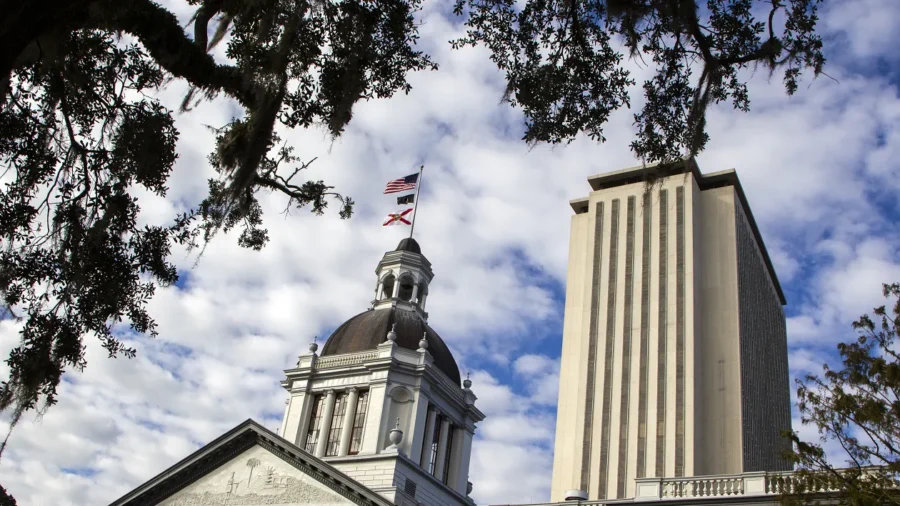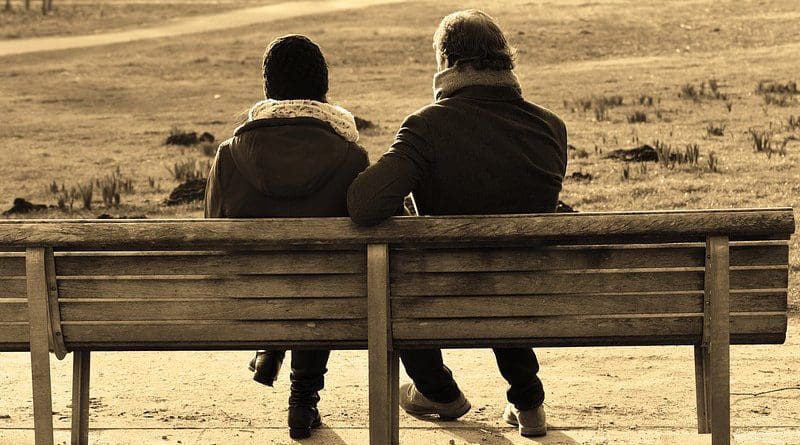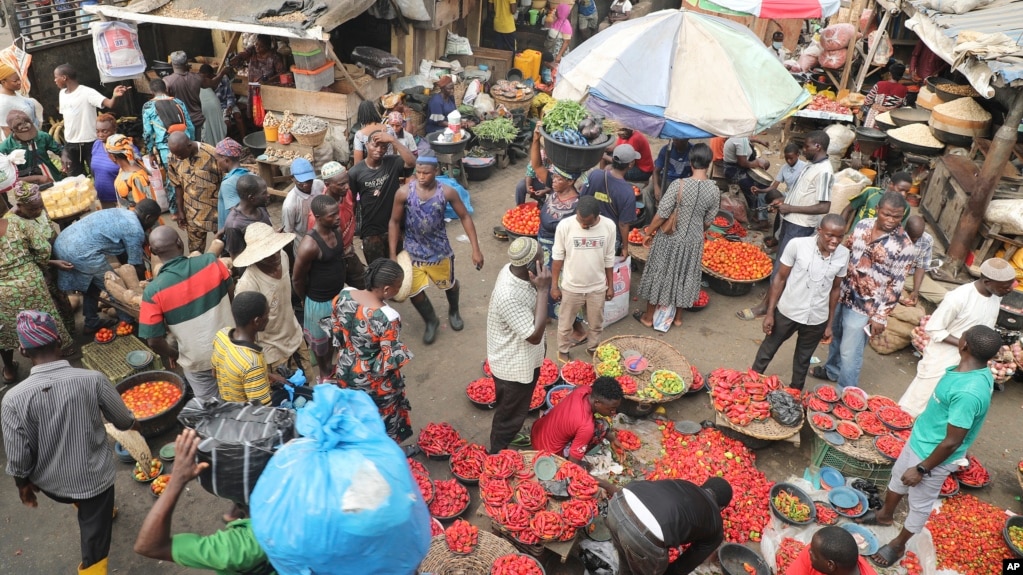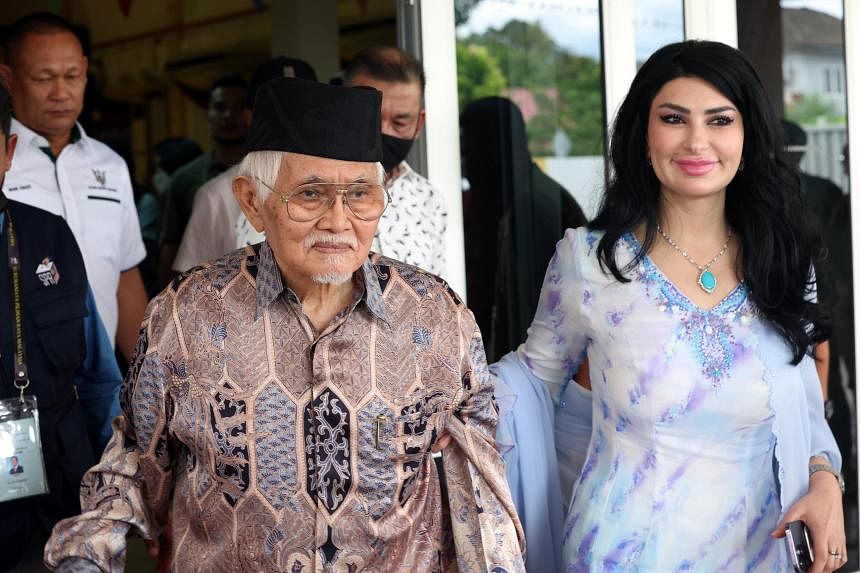DEJA VU: COLD WAR ANTI COMMUNISM
Florida May Require History of Communism Classes in Public Schools
The Florida State Legislature is one step closer to passing legislation making education on the history, philosophies, and global “atrocities” of communism mandatory in public schools.
Senate Bill 1264 was passed favorably through the Appropriations Committee on Education on Feb. 20 after several survivors of communist regimes around the world, as well as the children and grandchildren of survivors, testified to the atrocities they had to endure.
Sponsored by Republican state Sen. Jay Collins, it calls for the formation of a five-person “History of Communism Task Force” within the Department of Education by the 2026-27 school year. Its aim would be to ensure the creation and integration of an age-appropriate curriculum focused on the history, philosophies, and “atrocities” of communism domestically and internationally.
“What this does is focus on the reality of communism to make sure that we teach the truth about it holistically through our educational system, scaffolding year over year ensuring that we teach the very facts of what is done across the world,” he said.
‘Vital for the Future’
According to a 2020 poll conducted by the Victims of Communism Memorial Foundation, 18 percent of Gen Z and 13 percent of Millennials view communism as a system that is more fair than capitalism; 30 percent of Gen Z and 27 percent of Millennials have a favorable view of Marxism, and only 63 percent of both Gen Z and Millennials “believe the Declaration of Independence better guarantees freedom and equality over the Communist Manifesto.”
Jaime Arellano, a political prisoner of the communist Sandinistas in Nicaragua, was freed only a few months ago and flown to the United States, as part of a deal made by the State Department.
Mr. Arellano stood before the Florida committee and said that, after reading about what was happening in the country, “I got away one from one nightmare to land into another nightmare.”
“I think it’s very important for this country… to teach young kids what communists does [sic],” he said. “What communists take away from you. What communists does [sic] to your family. What communists does [sic]… to your dreams.”
Mr. Arellano was one of more than 15 people from communist countries such as Nicaragua, Vietnam, and Cuba. Some were descendants of those who had escaped.
Many were holding back tears as they retold their or their family’s stories.
Michelle Lee-Chen was seven years old in 1975 when South Vietnam was taken over by the communists. She spoke about how her father, a Major General in the South Vietnamese Army, was sent to a prison concentration camp for 17 and a half years. Her brother was beaten in front of her and her mother, and he was sent to a “new economic zone camp” where many died from brutal punishment, starvation, or illness caused by unsanitary conditions.
It took Ms. Lee-Chen and some of her family five attempts to escape by boat, while her father and mother stayed behind. Along the harrowing voyage, she recalled her sister nearly dying and being chased by Thai pirates. After being rescued by an oil rig, she said sailors of the Malaysian Coast Guard, who were supposed to transport her group safely to Indonesia, molested “pretty much every single woman on that boat.”
“I can still hear the screaming,” she said.
The state of Florida had previously required all public high school students to pass a 30-hour course called “Americanism vs. Communism,” but that course was discontinued in 1991 with the fall of the Soviet Union.
In 2022, Florida Gov. Ron DeSantis officially proclaimed Nov. 7 “Victims of Communism Day.”
Beginning with the 2023-2024 school year, all high school students taking the United States Government class are required to receive at least 45 minutes of instruction on the atrocities of communism from the Russian Revolution of 1917 and the doctrine of Mao Zedong, through the present-day totalitarian regime of Nicolas Maduro and the Chavismo Movement in Venezuela.
“I believe that it’s vital for the future generation [to] learn the truth about life under the tyrannical communist government after the fall of Saigon and to always honor the brave soldiers from the United States, South Vietnam, and our allies who gave so much to protect the ideals of democracy and freedom,” Ms. Lee-Chen said.
Committee chairman Keith Perry, a Republican, also recognized 12 others who appeared in support of the event but waived their opportunity to speak. Two people appeared to waive speaking out in opposition.
Democratic state Sen. Tracie Davis voiced concern about the proposed five-member Task Force, three of whom would be chosen by the governor and come from Florida International University’s Adam Smith Center for Economic Freedom, Miami-Dade College, and the general population.
“I really, really would like for you as the sponsor and the carrier of this is very, very important piece of legislation to all of us that the members of that task force accurately represent a body and they are not afraid to place accuracy and the truth of the matter,” she told Mr. Collins. “The good, the bad, and the facts is what we need to be taught in our classrooms.”
Ms. Davis voted in favor of the bill.
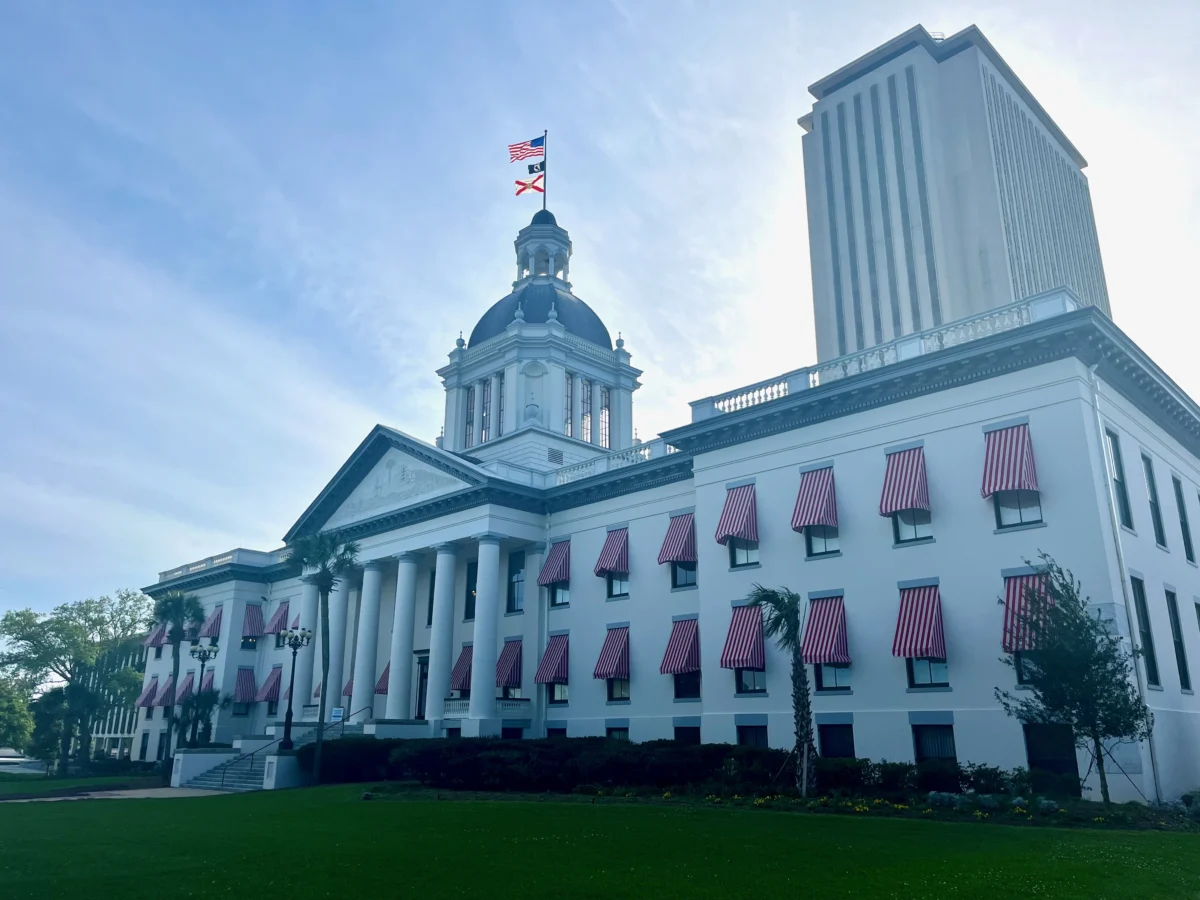
‘Anti-Communist Curricula’
SB 1264 mirrors House Bill 1349, “Required Instruction on the History of Communism.” Both versions have one more committee to pass through, and the senator’s office confirmed with The Epoch Times that the bills will be identical by the time they return to their respective chambers for voting.
Florida’s legislature is not the only one taking a stance against communism.
In New Hampshire, House Bill 1153, which “requires mandatory ‘anti-communist’ curricula and establishes elective curricula for public schools,” was required to only go through the Education Committee, and is scheduled to be considered on the House floor on Feb. 22.
Unlike Florida’s legislation, which calls for a task force to help create the curriculum based on broader regime-focused requirements, New Hampshire’s bill already lists specifics, and includes required reading of Marxist-Leninist concepts.
New Hampshire congressional candidate Lily Tang Williams escaped communist China 35 years ago. She told The Epoch Times that the bill’s sponsor, Republican state Rep. Mike Belcher, does not expect it to pass due to the slim Republican majority. But the hope is for it to start a conversation that ends with the passing of an amended version in the near future.
Ms. Williams has also worked with the Florida Department of Education to create videos that share her own story for the Oral History of Communism Project, and she is confident Florida’s efforts will pass.
“Even though I encourage homeschool, and private schools, school choice… most people [are] still in public schools,” she said. “So that’s where the red states have to exercise the state’s rights to do educational reforms. And by having the first step to, you know, teach the horrors of communism like Florida is doing, I totally support Florida.”
From The Epoch Times
